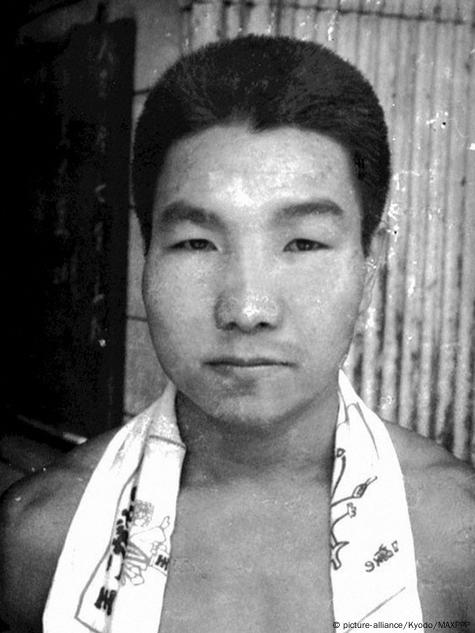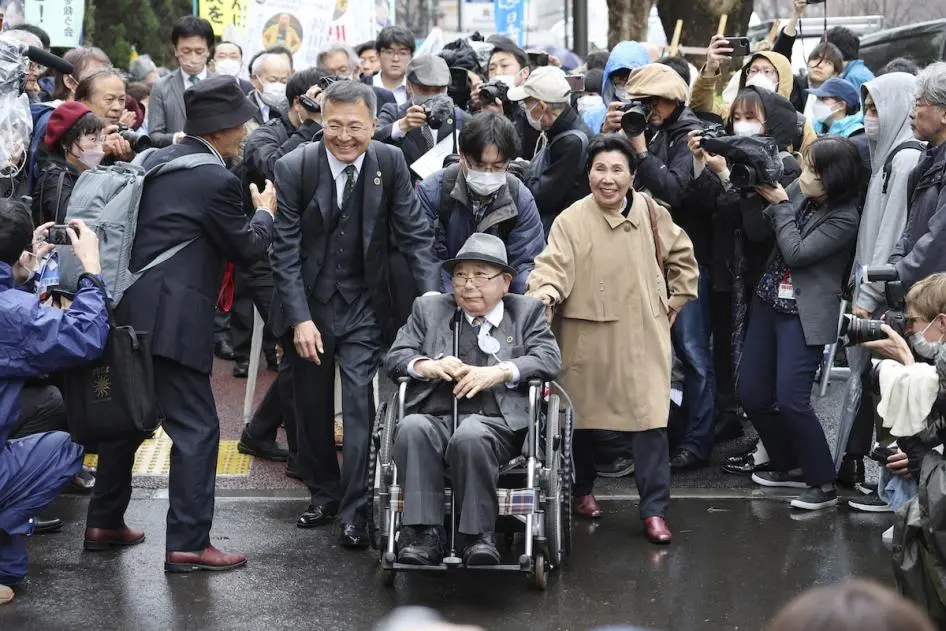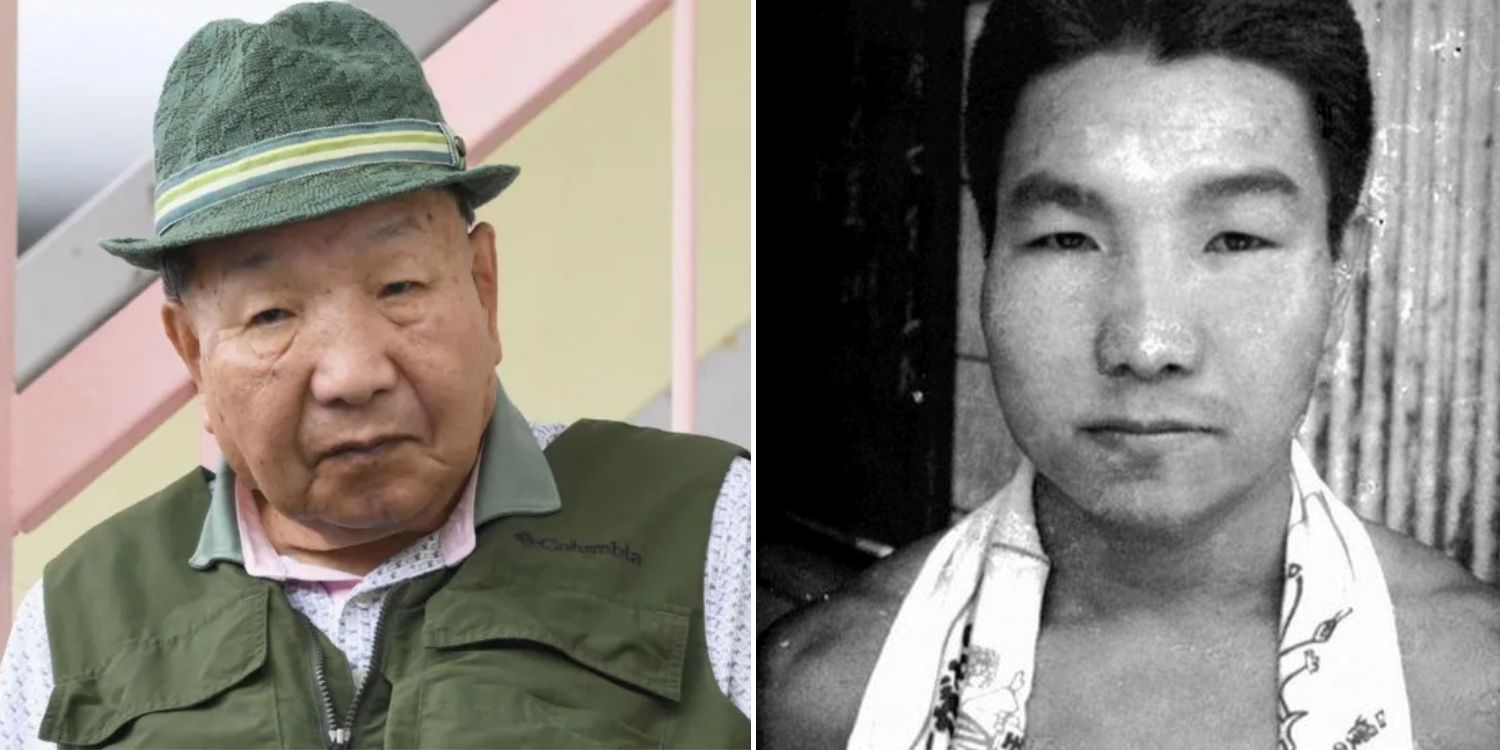Japanese ex-boxer awarded S$1.9 million after being wrongfully convicted of murder
Japanese ex-boxer Iwao Hakamata was awarded JPY 217 million (S$1.9 million) on Monday (24 Mar) after being wrongfully convicted of murder and jailed for 47 years and seven months.
The now 89-year-old former boxer was found not guilty in a retrial in October 2024.

Source: DW
In 1966, Mr Hakamata was charged with robbery and the murder of a family of four — the managing director of the miso manufacturing company where he worked, the director’s wife, and their two teenage children.
He was sentenced to death in 1968 and was the world’s longest-serving death row inmate.
Largest amount ever paid in criminal case in Japan
In January, following his sister’s request, Mr Hakamata’s lawyer filed a claim for compensation of JPY 12,500 (S$111) for each day the ex-boxer was unjustly detained.
“This is a death penalty case where the investigative authorities were allowed to fabricate the facts. It is only natural that the maximum amount will be awarded,” said the defense team’s secretary-general, Hideyo Ogawa.
The court then issued a decision to pay over JPY 217 million in criminal compensation to the ex-boxer.
According to his defense team, this compensation is the largest ever paid in a criminal case in Japan.
Evidence for murder was fabricated
“Approximately 33 years of his detention were spent in custody pending the execution of his death sentence, and the mental and physical pain that Hakamata suffered is extremely severe,” presiding judge Tsuneshi Kunii stated in the decision.
The court highlighted that Mr Hakamata was convicted “after an inhumane interrogation conducted in cooperation with various investigative agencies”.
Additionally, it said investigative agencies used fabricated “five pieces of clothing” as central evidence, leading to repeated guilty verdicts.

Source: AP Images via Human Rights Watch
In their request for a retrial in 2014, Mr Hakamata’s defense presented DNA results showing that the bloodstains on the clothes that Mr Hakamata was allegedly wearing at the time of the crime did not match his DNA.
Due to suspicions of evidence fabrication, the former boxer was released from prison in the same year.
Have news you must share? Get in touch with us via email at news@mustsharenews.com.









